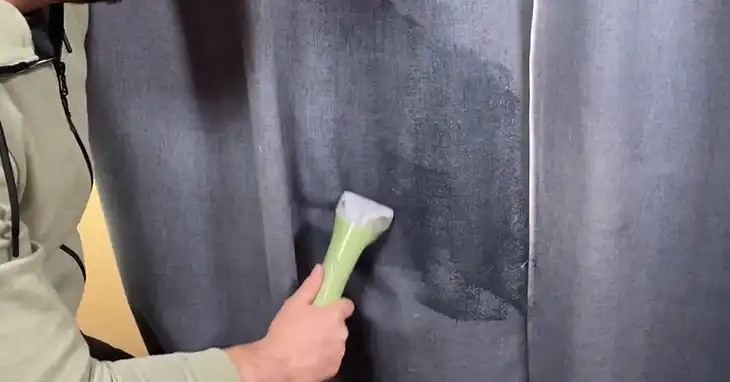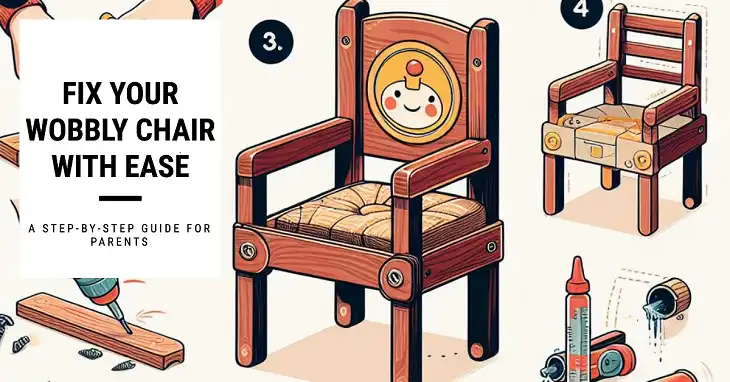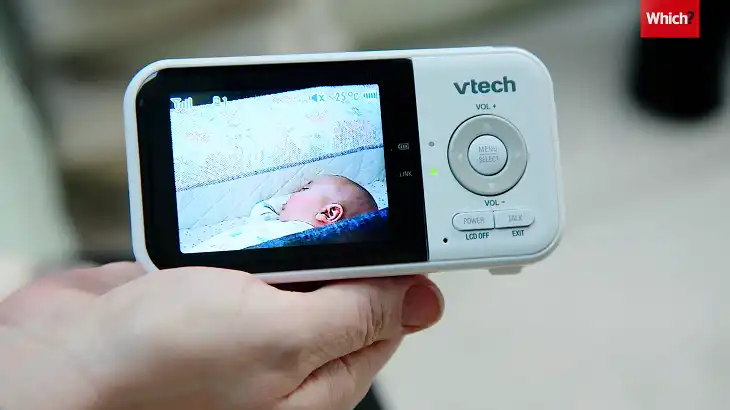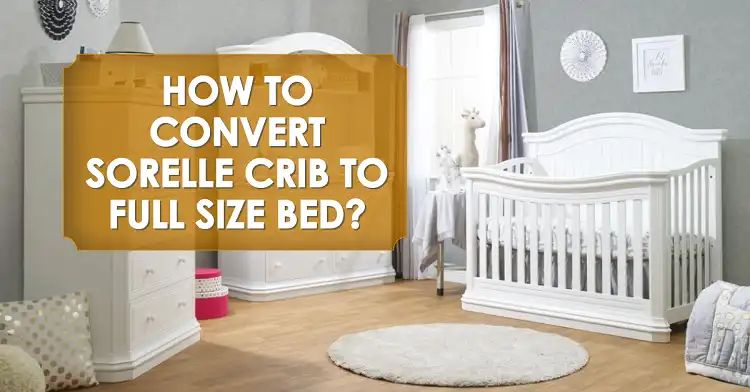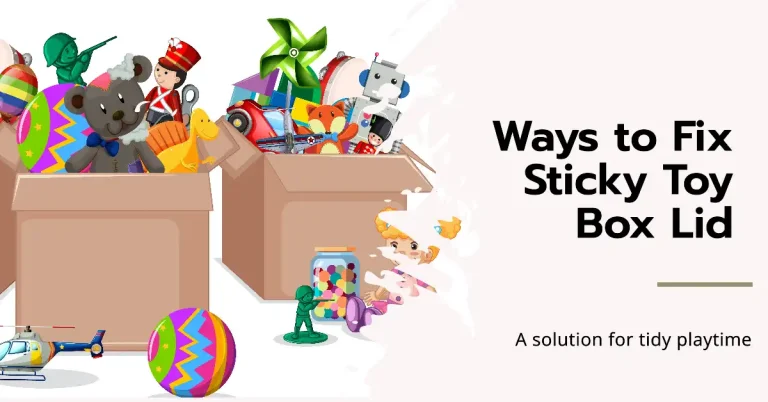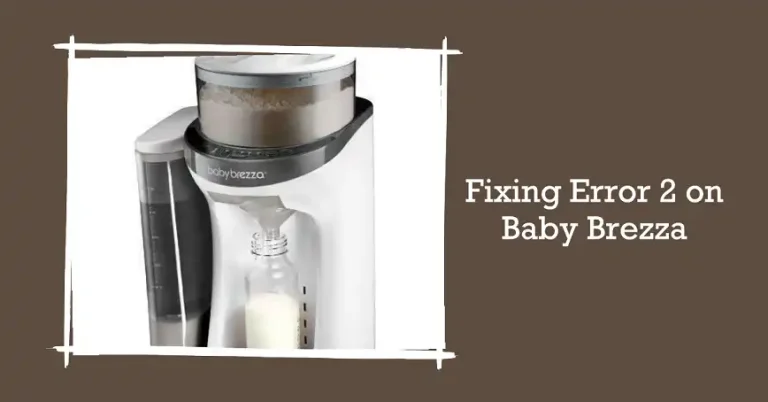How Long Do Crib Mattresses Last?
Ensuring a safe and comfortable sleep environment for your baby is of utmost importance during the early years of their development. A high-quality crib mattress plays a crucial role in promoting healthy sleep habits and reducing the risk of Sudden Infant Death Syndrome (SIDS). However, many parents find themselves puzzled about the lifespan of crib mattresses and when it’s the right time to replace them.
In this article, we’ll discuss the factors that affect crib mattress lifespan, signs that indicate it’s time for a replacement, and practical tips to maximize the longevity of your little one’s sleep haven.
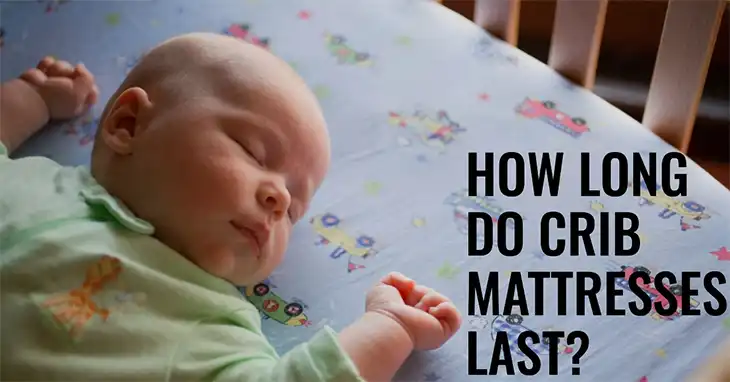
What’s the Average Lifespan for Crib Mattresses?
While there’s no one-size-fits-all answer, the typical lifespan of a crib mattress ranges from 3 to 8 years. However, this timeframe can vary significantly depending on a multitude of factors, including the mattress material, usage patterns, and maintenance practices.
It’s important to note that replacing a crib mattress is not just about its age but also about ensuring a safe and supportive sleep surface for your growing child. Even a relatively new mattress may require replacement if it shows signs of significant wear and tear or poses potential health or safety risks.
Average Crib Mattress Lifespan Based on Material
The material composition of a crib mattress plays a significant role in determining its longevity. Here’s a closer look at the most common materials and their expected lifespans:
- Innerspring Mattresses: Innerspring crib mattresses, which feature a coil system, can typically last between 6 to 8 years with proper care. However, their durability depends on the quality of the coils and the amount of padding. Innerspring mattresses may be more susceptible to sagging or indentations over time, especially if used heavily or shared between siblings.
- Foam Mattresses: Foam crib mattresses, including those made of memory foam or latex foam, generally have a lifespan of 3 to 5 years. While foam provides excellent conforming comfort, it can be prone to sagging or developing body impressions with repeated use. The density and quality of the foam play a significant role in determining its longevity.
- Organic/Natural Mattresses: Crib mattresses made from organic or natural materials, such as cotton, wool, or coconut coir, can last between 5 to 8 years, depending on the specific materials used and the care they receive. These mattresses are often more breathable and resistant to moisture and odors, contributing to their longevity.
What Are The Signs that You Need a Mattress Replacement?
Even with proper care and maintenance, there will come a time when your crib mattress needs to be replaced. Here are some telltale signs to watch out for:
Physical Signs of Wear and Tear:
- Visible sagging or indentations that don’t bounce back
- Lumps or uneven surfaces that can create pressure points
- Torn or loose fabric, stitching, or edge support
Hygiene Concerns:
- Persistent stains or lingering odors despite thorough cleaning
- Visible signs of mold or mildew growth
Safety Risks:
- Loose parts or structural integrity issues that pose a potential hazard
- Your child reaching the manufacturer’s weight limit or age guideline
If you notice any of these signs, it’s crucial to prioritize your child’s safety and replace the crib mattress without delay, even if it appears visually acceptable.
Frequently Asked Questions (FAQs)
Can I use a crib mattress for a second child?
Yes, you can use the same crib mattress for a second child, provided it is in good condition and meets safety standards. However, it’s essential to thoroughly clean and sanitize the mattress before using it for the new baby.
How often should I rotate or flip the crib mattress?
Most manufacturers recommend rotating and flipping the crib mattress every two to three months, or as specified in their guidelines. This practice helps to distribute wear and tear evenly, preventing premature sagging or indentations in one area.
Can I use a mattress pad or protector on a crib mattress?
Yes, using a waterproof mattress pad or protector is highly recommended to safeguard your crib mattress from spills, accidents, and other moisture-related damage. Look for breathable options that allow airflow and choose one that fits snugly around the mattress.

